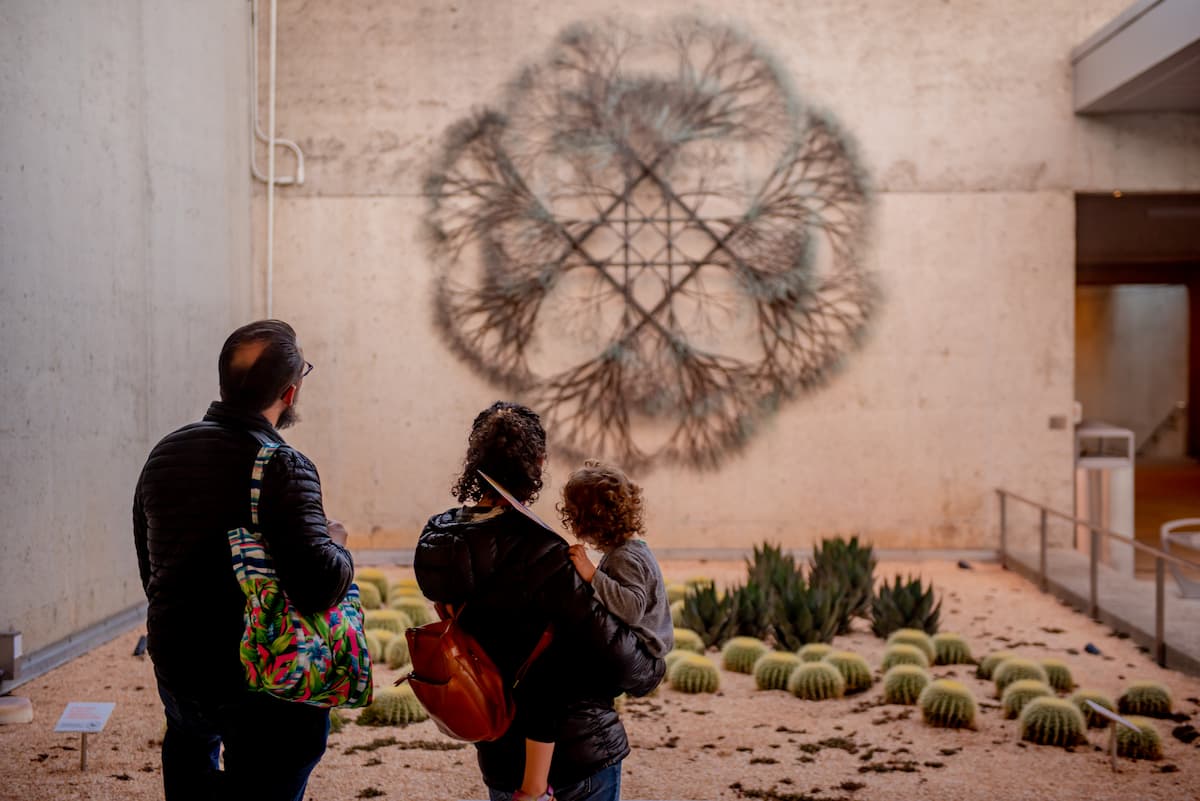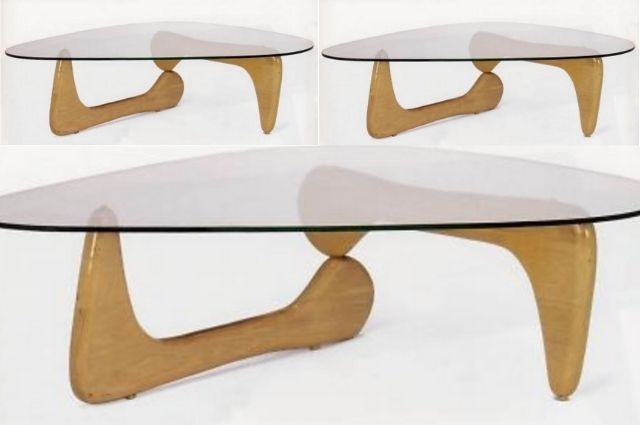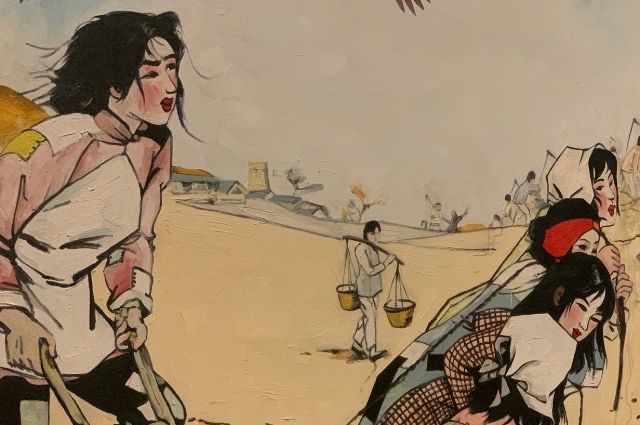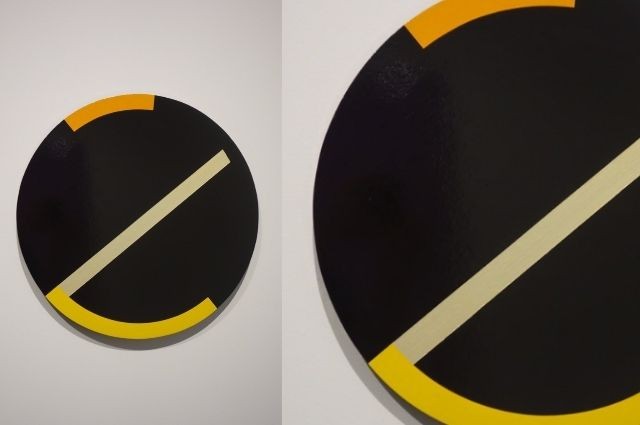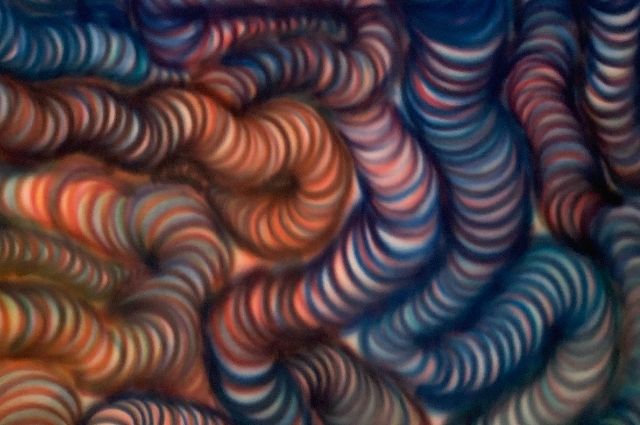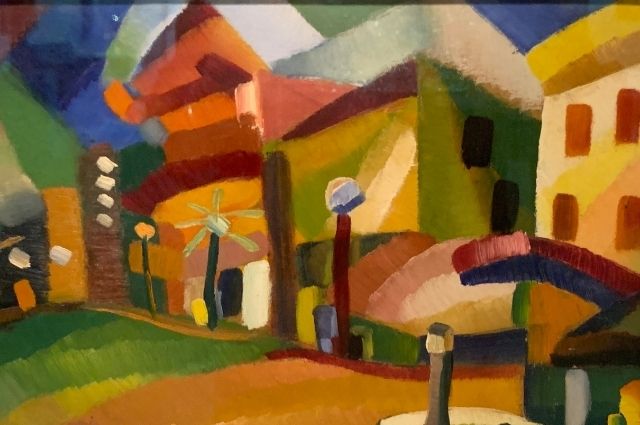Dugan Aguilar: Celebrating Native California Through the Lens of Generosity and Respect
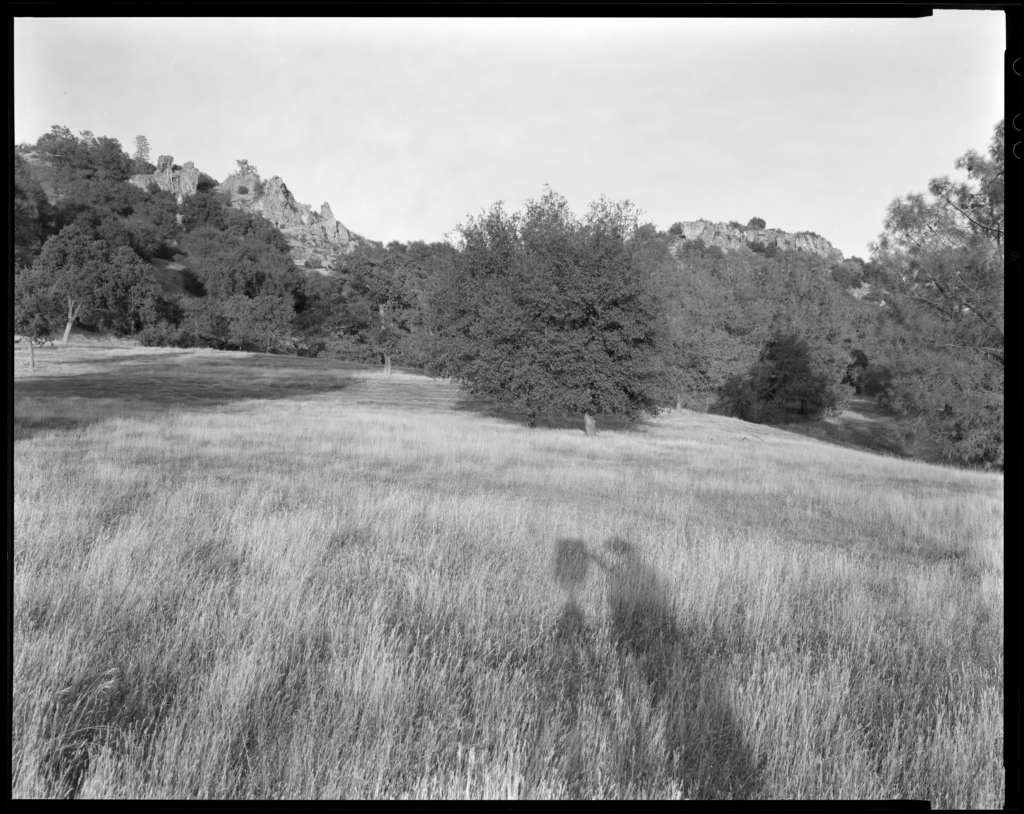
Untitled (Self-Portrait,BuenaVistaPeaks) Circa 1990s Gift of the family of Dugan Aguilar 2021.7.39.9
Born of the Bear Dance draws from the recently acquired Dugan Aguilar archive, gifted to the Oakland Museum of California by the artist’s family. The exhibition was developed in collaboration with Native community members who are related to Dugan and those who knew him for decades.
Dugan Aguilar, a photographer from the Mountain Maidu, Pit River, and Walker River Paiute tribes, was much more than a photographer; he was a storyteller, a cultural bridge, and a keeper of traditions. Born in 1947, Aguilar’s career as a photographer was built on extraordinary trust and reciprocity with his community which enabled him to create an archive of contemporary images of Indigenous people that are both intimate and respectful. His photographs offer powerful reminders of ancestral knowledge, Native resilience, and the ongoing responsibilities of modern Indigenous communities. Through his lens, Aguilar documented not just the beauty of Native culture but also the living histories and spiritual practices that continue to shape Native life today.
A Practice Rooted in Respect and Reciprocity
What set Aguilar’s work apart was his deeply relational approach to photography. Unlike many photographers who “take” pictures, Aguilar approached his subjects with the belief that he received the images he captured. He understood photography as an act of mutual exchange, a gift shared between the photographer and the subject. His work wasn’t about capturing moments of spectacle; instead, it was about honoring and celebrating the subjects he photographed—their culture, their families, and their stories.
This spirit of reciprocity permeated his practice. Whether he was photographing a young Native veteran, a master basket weaver, or an elder passing down ancestral knowledge, Aguilar always operated from a place of humility. His images were not just about preserving a moment in time, but about maintaining a respectful relationship with the community.
Portraits of Culture, Family, and Resilience
Throughout his career, Aguilar crafted poignant portraits of Native peoples, including his own friends, family, and elders. Many of these portraits focus on Native veterans, whose service and sacrifice are often underrepresented in mainstream narratives.. Aguilar’s portraits of these veterans are both personal and public, honoring the courage of these individuals while also recognizing their place in the broader history of Native American resistance and survival.
Aguilar’s work also documented the rich traditions of Native craftsmanship, particularly the art of basket weaving. For generations, Indigenous basket weavers have been carriers of cultural knowledge, using their craft to pass down stories, history, and spiritual teachings. Aguilar’s photographs of basket weavers and their intricately woven creations stand as a tribute to this essential cultural practice, highlighting its deep roots in ancestral knowledge and the ongoing work of cultural preservation.
Landscapes of Ancestral Connection
In addition to his portraits, Aguilar also captured a series of landscapes that evoke a profound sense of ancestral connection. These images do not simply depict land—they convey a sense of deep time, linking the viewer to the timeless relationship between Indigenous peoples and their homelands. For Native communities, the land is not just a place to live—it is a living, breathing entity that holds the stories, histories, and spiritual teachings of generations past.
Dugan Aguilar’s work stands as a testament to the enduring strength of Native communities in California and beyond. His photographs are not just representations of the people and landscapes he encountered—they are part of a larger conversation about cultural survival, responsibility, and the ongoing vitality of Indigenous life.
